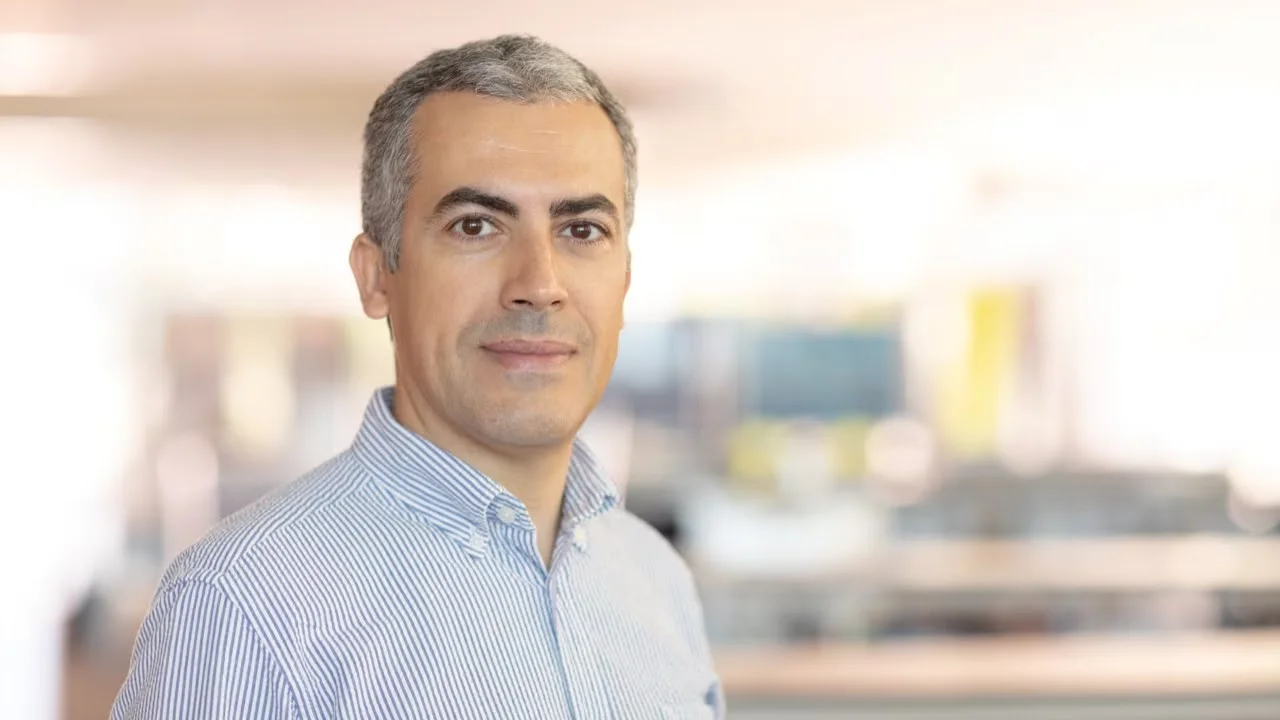
Carlo Liberale
- Research Associate Professor, Bioscience
- Principal Investigator, Vibrational Imaging Laboratory
About
Carlo Liberale is an Research Associate Professor of Bioscience (B) and affiliated with the Electrical and Computer Engineering Program (ECE), and Principal Investigator of the Vibra Lab. Liberale's research interests are focused on developing and applying label-free chemical imaging techniques based on vibrational spectroscopy (Infrared and Raman micro-spectroscopy) and multi-photon processes (Coherent Raman Microscopy, SHG). One of the main aims of this research activity is to unveil specific bio-chemical signatures of cancer stem cells, with a particular focus on understanding the dysregulation of their lipid metabolism.
He is also interested in using high-resolution 3D printing based on Direct Laser Writing for the fabrication of novel micro-optics, towards the miniaturization of complex optical systems, and of smart micro-/nano-structures to be used as a probe in nanoscale imaging. This research activity takes advantage of an integrated approach that combines design, micro/nanofabrication, and optical techniques.
Education and early career
Liberale obtained an M.Sc in Electronic Engineering and Ph.D. in Computer Science and Electronic Engineering from the University of Pavia, in 2000 and 2004, respectively. Prior to joining KAUST in 2014, he worked as a Postdoctoral Fellow at the University of Catanzaro, Catanzaro, Italy and as Team Leader at the Istituto Italiano di Tecnologia (IIT), Genoa, Italy.
Editorial activities
Professor Liberale is currently Editor of Scientific Reports, Nature Publishing Group.
Why joining Vibra Lab?
The Vibra group is a multidisciplinary team of physicists, engineers, and biologists committed to the development and application of new-generation label-free microscopy methods for biomedical research. The laboratory is equipped with cutting edge instruments and technology in the field of vibrational micro-spectroscopy.
We are currently looking for ambitious and self-motivated collaborators with excellent scientific records and a degree in engineering, physics, or a related field. The candidate must have hands-on experience in optical instrumentation, optical microscopes, and ultrashort pulse laser sources.
The successful applicants will work on the development of a novel Stimulated Raman Scattering microscopy system, in the framework of an interdisciplinary project investigating lipid dysregulation in cancer cells.
If interested, please, check Vibra vacancies.
Why KAUST?
KAUST offers exceptional infrastructure for scientific research and is equipped with state of the art core facilities for imaging, characterization and micro- and nano-fabrication.
Quote
Teaching is part of a process. It is not providing a student with a list of information on a subject. It's about offering them guidance on how to proceed with the learning.